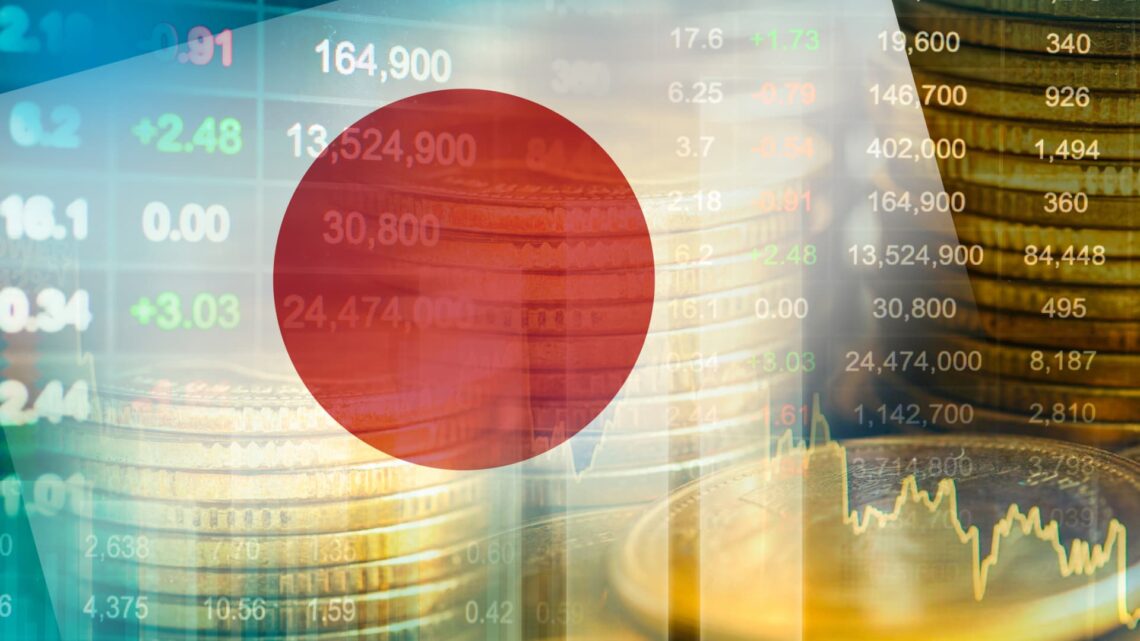An editorial picture of the Japan flag set against an economic trend graph and images associated with the stock market, finance and digital technology.
Manassanant Pamai | Istock | Getty Images
Japan’s economy dipped into a technical recession, after unexpectedly contracting again in the October-December period, provisional government data showed Thursday. High inflation crimped domestic demand and private consumption in what’s now the world’s fourth-largest economy.
The latest gross domestic product print complicates the case for interest rate normalization for Bank of Japan Governor Kazuo Ueda and fiscal policy support for Japanese Prime Minister Fumio Kishida. It also means Germany took Japan’s place as the third-largest economy in the world last year in dollar terms.
Provisional gross domestic product contracted 0.4% in the fourth quarter compared with a year ago, after a revised 3.3% slump in the July-September period. This was way below the median estimate for 1.4% growth in a Reuters poll among economists. The GDP deflator in the fourth quarter stood at 3.8% on an annualized basis.
The Japanese economy also contracted 0.1% in the fourth quarter from the previous quarter, after shrinking a revised 0.8% in the third quarter from the second. This was also weaker than expectations for 0.3% expansion.
“Whether Japan has now entered a recession is debatable, though,” Marcel Thieliant, Capital Economics’ head of Asia-Pacific, wrote in a client note.
“While job vacancies have weakened, the unemployment rate dropped to an eleven-month low of 2.4% in December. What’s more, the Bank of Japan’s Tankan survey showed that business conditions across all industries and firm sizes were the strongest they’ve been since 2018 in Q4,” he added.
“Either way, growth is set to remain sluggish this year as the household savings rate has turned negative,” Thieliant said.
High inflation, weak domestic demand
Private consumption declined 0.2% in the fourth quarter from the previous quarter,…
Read the full article here








